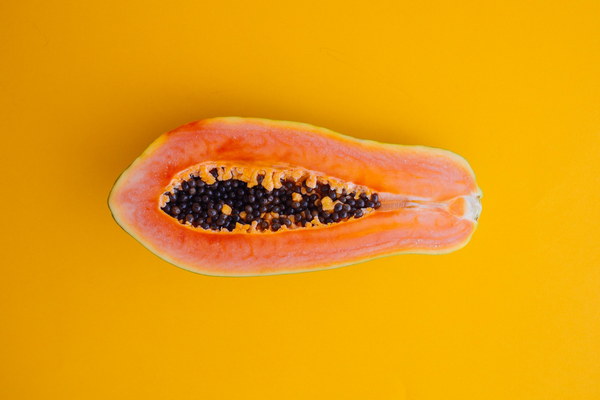Does Drinking Fo-Tiao-Hua Tea Really Relieve Dampness in the Body
Introduction:
In traditional Chinese medicine, the concept of dampness is considered a common ailment that can lead to various health problems. Fo-tiao-hua tea, also known as bitter buckwheat tea, is believed to possess properties that can help alleviate dampness in the body. In this article, we will explore whether drinking fo-tiao-hua tea can indeed relieve dampness and its potential benefits.
1. Understanding Dampness in Traditional Chinese Medicine
Dampness, in traditional Chinese medicine, refers to an imbalance of fluid and moisture in the body. It is often associated with symptoms such as fatigue, bloating, weight gain, and poor digestion. Dampness is believed to arise from an external environment, such as excessive moisture, or from internal factors like poor diet and lifestyle habits.
2. Properties of Fo-Tiao-Hua Tea
Fo-tiao-hua tea, derived from the seeds of the fo-tiao-hua plant (Fagopyrum esculentum), has been used in traditional Chinese medicine for centuries. It is known for its bitter and cooling properties, making it a popular choice for alleviating dampness. Some of the key components of fo-tiao-hua tea include rutin, quercetin, and flavonoids, which are thought to contribute to its therapeutic effects.
3. How Fo-Tiao-Hua Tea Helps Relieve Dampness

The following are some of the ways in which fo-tiao-hua tea is believed to help alleviate dampness:
a. Promoting Diuretic Effects:
One of the primary mechanisms by which fo-tiao-hua tea may relieve dampness is through its diuretic effects. By increasing urine output, the tea helps to remove excess fluid and moisture from the body, reducing symptoms of dampness such as bloating and edema.
b. Improving Digestion:
Fo-tiao-hua tea is known to have a mild laxative effect, which can help improve digestion and alleviate symptoms of dampness related to poor gut function. By promoting bowel movement, the tea can help eliminate waste and toxins from the body, reducing dampness.
c. Reducing Inflammation:
Inflammation is often associated with dampness in traditional Chinese medicine. The anti-inflammatory properties of fo-tiao-hua tea may help reduce inflammation in the body, thereby alleviating symptoms of dampness such as joint pain and swelling.
4. Potential Benefits of Drinking Fo-Tiao-Hua Tea
In addition to its potential dampness-relieving properties, drinking fo-tiao-hua tea may offer several other health benefits, including:
a. Antioxidant Protection:
The presence of antioxidants in fo-tiao-hua tea, such as rutin and quercetin, can help protect the body against oxidative stress and reduce the risk of chronic diseases.
b. Blood Sugar Regulation:
Some studies suggest that fo-tiao-hua tea may have a positive impact on blood sugar levels, making it beneficial for individuals with diabetes or those at risk for developing the condition.
c. Heart Health:
The flavonoids in fo-tiao-hua tea may help improve heart health by reducing blood pressure, lowering cholesterol levels, and preventing blood clots.
Conclusion:
While there is limited scientific evidence to fully support the claims that fo-tiao-hua tea can relieve dampness in the body, its traditional use in Chinese medicine suggests that it may have therapeutic benefits. Incorporating fo-tiao-hua tea into a balanced diet and healthy lifestyle may help alleviate symptoms of dampness and promote overall well-being. As always, it is essential to consult with a healthcare professional before starting any new treatment or making significant changes to your diet.









